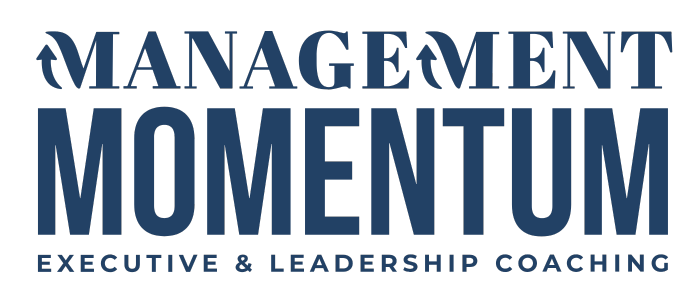Hungry or desperate? How to tell the difference
 Back when I was a recruiter, many CEOs told me they were looking for “hunger” in a sales rep or sales leader. I prefer to use the word “eager” as the ideal, and “desperate” as the more extreme version of hungry.
Back when I was a recruiter, many CEOs told me they were looking for “hunger” in a sales rep or sales leader. I prefer to use the word “eager” as the ideal, and “desperate” as the more extreme version of hungry.
If you are wading through candidates to fill your current vacancy, you will probably come across a number of people who seem to be “hungry” candidates. The challenge here is in separating out the eager from the desperate (true for candidates as well as hiring managers). As we all know, a desperate person will do anything. Desperate comes from the root word despair—need I say more? The best way to separate out the eager from the desperate is to look for substance beneath the hunger; the eager candidate will be the one with substance.
Three ways to identify “Eager with Substance”
- Responsiveness– Of course many candidates may be quick to respond and reply; quick to jump through any hoops you give them; and quick to provide references when asked. But the candidate with substance is also very accurate and detailed in their response. Misspellings and mistakes spell disaster.
- Desire– You will not have to “sell” eager candidates on the position. They have researched it, thought about it and made it clear that they want it. The backbone element here is that they must actually be a fit from an experience point-of-view—or they must admit that they do not have the experience, but can articulate how they would meet the challenge without it. A candidate who tries to overcompensate for lack of experience by being persistent is not what you want—even though it can be compelling. You must look for real reassurance that the candidate can handle the job and that they genuinely desire the position.
- That little something extra– Eager candidates usually stand out in some way, perhaps by anticipating a question, providing helpful information or preparing a special report or document. The substantive element here is that it should register with you as real and relevant to the job and situation, but it shouldn’t be over the top. If it seems manufactured to you or just a bit too much—it probably is both.
How have the concepts of eager vs. desperate played out in your life or work lately? Share with us in the comments below




